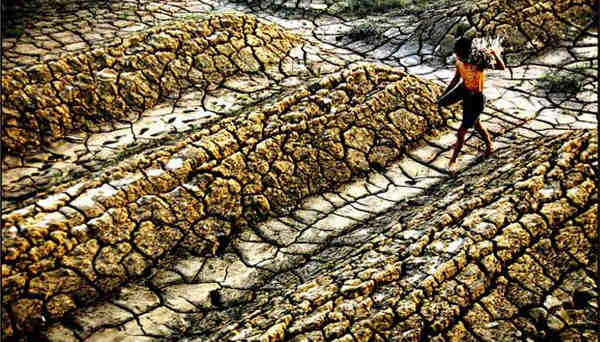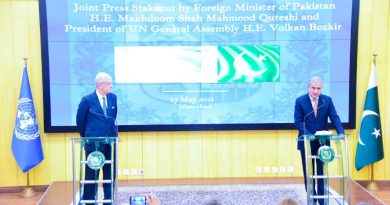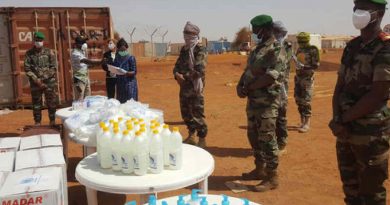UN Warns As Global Temperatures Soar

Two United Nations agencies have released a series of new guidelines aimed at addressing the health risks posed by the increasing number and intensity of climate change-related heatwaves.
These heatwaves are affecting the planet, as warm weather alerts spread across Europe following soaring temperatures that killed hundreds of people in India and Pakistan last month.
The set of guidelines, jointly produced by the UN World Health Organization (WHO) and World Meteorological Organization (WMO) and entitled Heatwaves and Health: Guidance on Warning-System Development, will seek to alert decision-makers, health services and the general public through the systematic development of so-called heatwave early warning systems.
The systems, in turn, will hope to trigger timely action in reducing the effects of hot-weather extremes on health.
[ What Are the Wireless Radiation Health Risks to Pregnant Women? ]
According to the two agencies, heatwaves are becoming more frequent and intense on a global scale, largely due to the acceleration of climate change.
Meanwhile, the heatwaves in the northern hemisphere’s summer of 2003 were responsible for the deaths of tens of thousands of people across the European continent.
The publication’s launch also follows the WMO’s recent revelation that 14 of the 15 hottest years recorded have all been in the 21st century, confirming a dangerous trend in global warming amid devastating weather patterns and increasing temperatures.
[ New Delhi: The Case of a Neglected City ]
The guidance provided by the WHO and WMO takes into consideration a number of factors, including who is most at risk from heat, outlines approaches to assessing heat stress and surveys heat-intervention strategies, all the while building upon the “lessons learned” from the implementation of the first-ever Heat-Health Warning System, rolled out in the United States city of Philadelphia in 1995.
In addition, the authors noted, the WMO-WHO joint publication is expected “to provide effective climate services and save lives in vulnerable communities around the world.”





